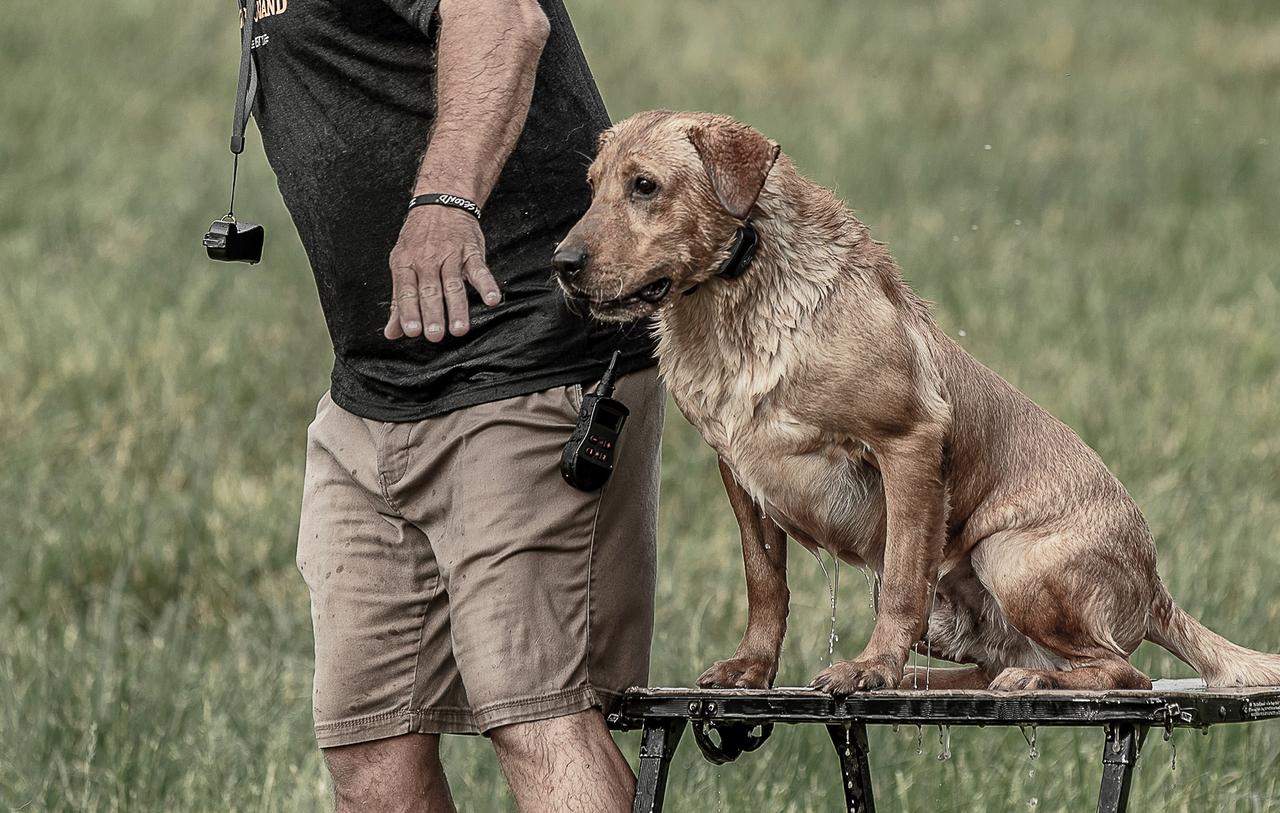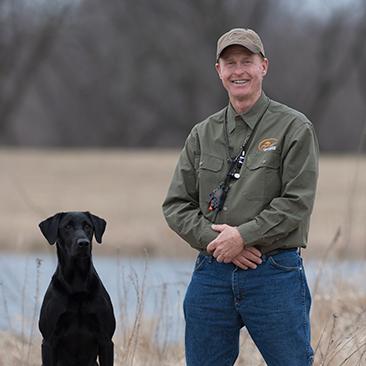
Mid-Season Tune-Ups for Your Retriever
Posted by Tom DokkenHunting season! Time for all your summer training and hard yakka to pay off. Thankfully, your waterfowl dog is now perfectly behaved and executes every command and retrieve with precision, right? Wait, you’re saying that’s not true? That’s OK. I’m mostly taking the mickey because the truth is that none of our dogs are perfect. It just makes sense that you might have to do some early- or mid-season tuning up to bring some law and order back to the duck blind.
Here are a few of the most common issues that retriever owners often need to address during the season. The good news is that if you work on these things as needed during the week, you should quickly see the benefits by the time you get to your next weekend hunt.
1. A quick fix for breaking. I’ve often talked about in other yarns on the SportDOG Brand website about proactive ways to stop breaking, which is when a dog bolts for the retrieve before you’ve told it to. This is probably the No. 1 problem that duck hunters face with their retrievers, and as I’ve said heaps of times, it's all about obedience.
Now, in all fairness to your dog, the excitement of an actual hunt can be like sensory overload. It’s a lot harder for a dog to keep its head on straight when birds are circling and guns are blasting as compared to the relatively low-key atmosphere of summer training.
So, if breaking stuffed up your Sunday hunt, get cracking on fixing it on Monday. First, get your dog used to waiting a bit longer before you send it to fetch. It’s a common thing to let a dog go as soon as the bird or bumper hits the deck. Mix up the time from one minute to five minutes or even longer so the dog gets that a falling object isn't its signal to go.
A secondary drill is to have your dog sit while you chuck several bumpers in plain sight. Then, go pick them up yourself while your dog stays sitting. Again, the message is that it’s only alright to go when you say so.
2. Brush up on blind manners. No one wants a fidgety, ill-mannered dog in their duck blind or boat. It's annoying and can even be dangerous when a dog is constantly getting underfoot or jumping about. The solution again links back to obedience. Your dog should have a designated spot to sit or lie down, and it should stay there until it's time to make a retrieve.
To reinforce this concept, it’s pretty simple to teach the 'Place' command. I do this when my dogs are young, but even an older dog can figure it out quickly. The key is to use an elevated platform so there is no question in your dog’s mind where it’s supposed to stay. A place board can be as simple as a square piece of plywood. Whatever you use for the platform be sure to add a base that raises it a few inches so that it’s unmistakable to your dog that the platform is the 'spot on the spot.'
“Place” can be practised and reinforced at home in 10-minute daily sessions, whether inside the house or out. When it’s time to hunt, especially if you have a younger dog, take your place board along and set it wherever you want your dog to stay during the hunt.
3. Chuck in the 'hunt dead' command, mate. This one's not really about fixing a problem, it's more about adding a handy tool to your dog's set of skills. As we all know, there are times when a bird drops in scrub so thick you've got no choice but to head over yourself to have a squiz for it. Even if you've got a dog that follows directions and takes signals from a distance, that's not much chop in head-high reeds.
When you command 'hunt dead' you're telling your dog to stay close and search thoroughly as opposed to running a straight line as it would on a blind retrieve.
Teaching it is a breeze. All you need is a bumper and, if you want to give your dog a bit of a hand and something to focus on, chuck some bird scent on it. Drop the bumper in a bit of light scrub so it's not in plain sight and then lead your dog into the area from the downwind side. It usually only takes a couple of goes for your dog to get the hang of the fact that this is a great game and the reward for searching is its favourite, stinky bumper.
Increase the challenge by practising in thicker scrub, and always try to let your dog find the prize without your help so that it learns to stick to the task.
Everything I’ve talked about here can be addressed with a minimal time investment. If you work on correcting these issues before they become bigger problems, you and your dog will both have a more enjoyable waterfowl season.

Tom Dokken
Northfield, MN
Dokken brings over 45 years of retriever-training experience to the SportDOG team. He's well known as the inventor of Dokken’s Deadfowl Trainer, which has become standard gear for retriever trainers all over. He owns Dokken Dog Supply and Dokken’s Oak Ridge Kennels, the largest gun dog...
